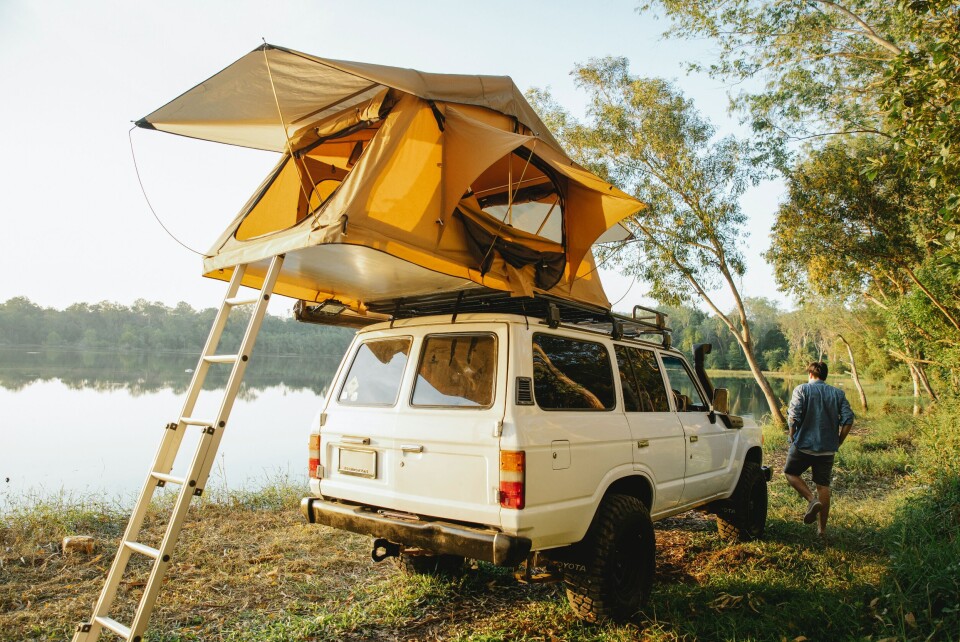-
January flowers in your French garden with scented viburnum
Our gardening columnist explores a pretty pink shrub that gives long-lasting winter displays
-
How to identify lounging lizards in France
Learn about the habitats and behaviours of diverse lizard species, from the common wall lizard to the elusive Western three-toed skink
-
France’s unique wildlife officers: 'our role is to intervene as a final resort'
Julien Nicolas fulfils a role created by Charlemagne in the year 803, tackling wildlife posing a danger to the public
These are the rules for wild camping in France
Whilst wild camping is legal in France, it is strongly regulated and campers should follow certain rules

Camping is hugely popular in France, including ‘wild camping’ where you pitch a tent where you end up, rather than at an official campsite. However, while legal in France, it is strongly regulated.
Wild campers must be respectful of any neighbours, be quiet, leave the area clean and tidy, and – if they have, or plan to have, a campfire or barbecue – understand local rules on fire safety.
There are also rules banning wild camping in the following places:
- on sea shores or sites registered (or being registered) by the Ministry of Culture due to their historic, artistic, scientific, legendary or picturesque character;
- on public roads or paths;
- within 500m of heritage sites (woods, forests, reserves), or historic monuments;
- within 200m of water points for consumption.
Penalties for ignoring the rules include a fine of up to €1,500 – but the amount may be adjusted based on a number of factors, including, but not limited to, noise, campfires and littering of the area and any environmental damage caused.
























